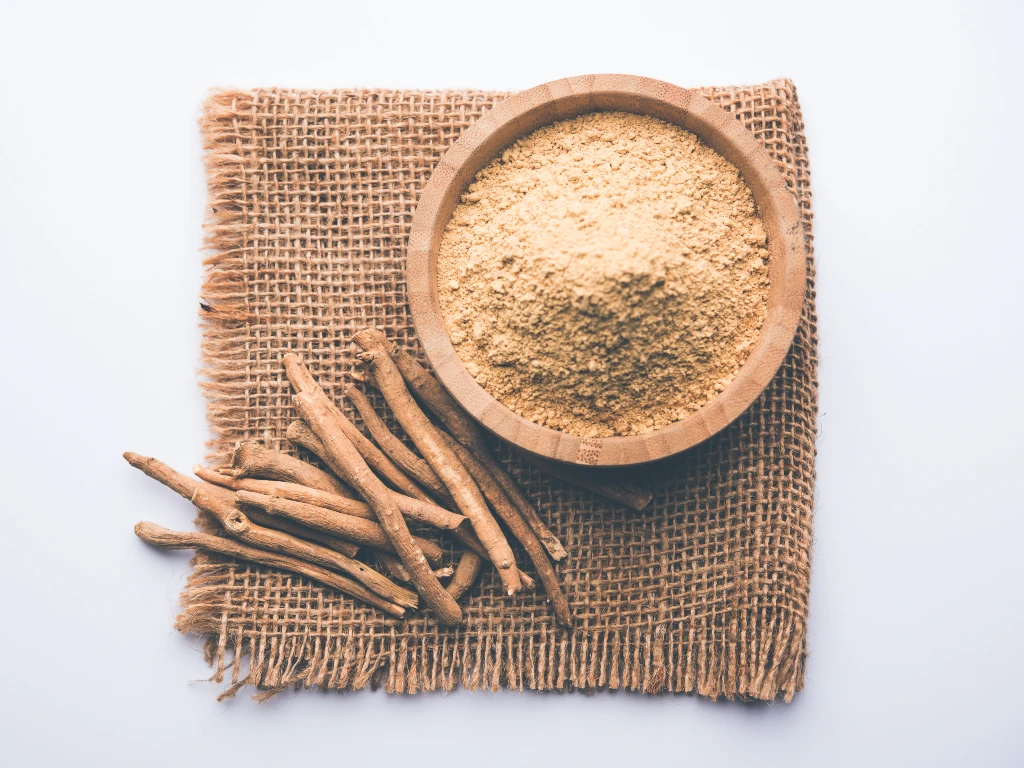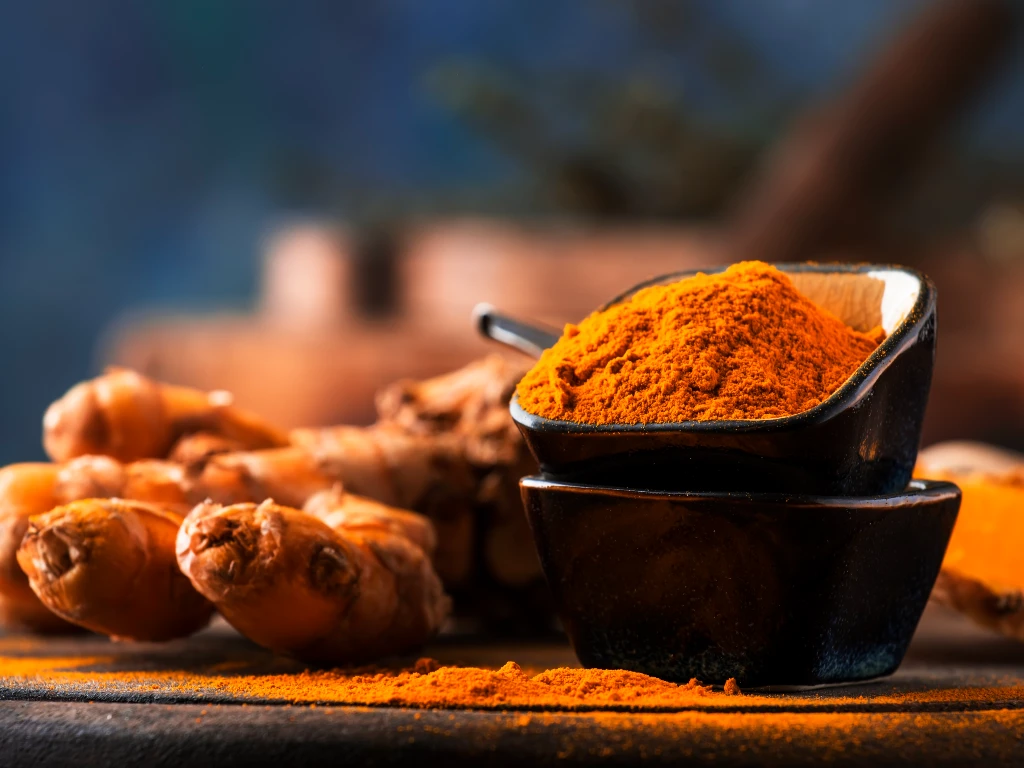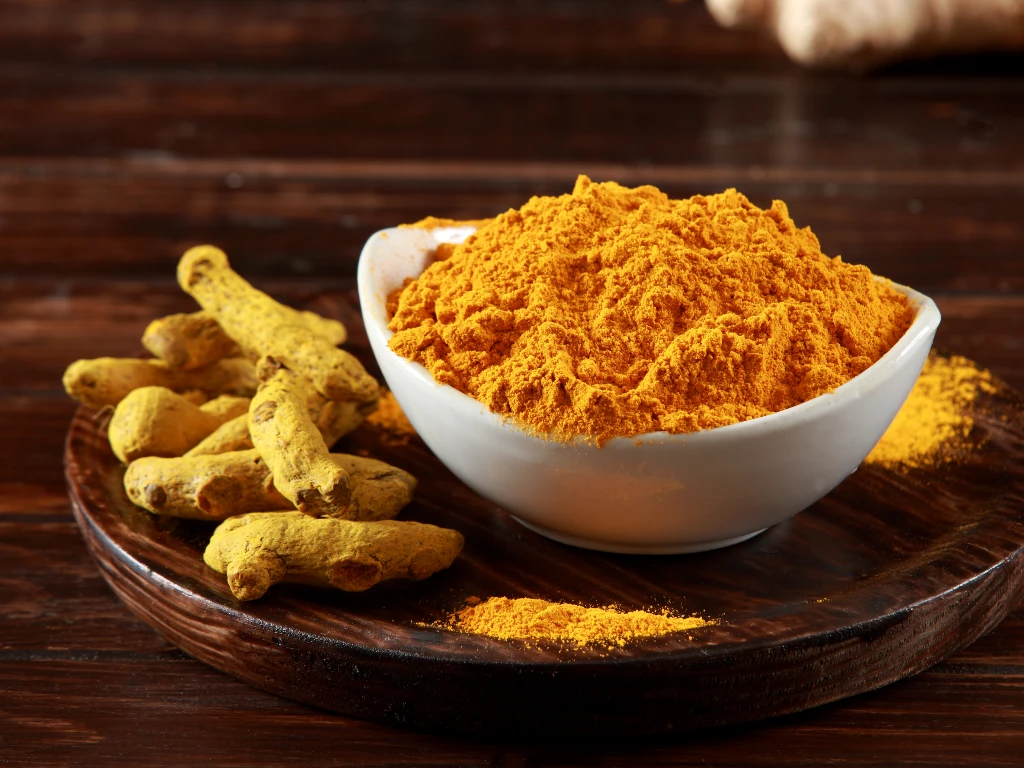Discover the transformative journey of Arjuna Natural, a beacon of innovation in the pursuit of enhancing well-being. Through groundbreaking initiatives, Arjuna Natural has redefined the standards of health and happiness, ushering in a new era of vitality. Join us as we explore their pioneering efforts, leading the way toward a brighter, healthier future for all. Unveiling Nature’s Potential: Arjuna Naturals’ Revolutionary Research Unlocking the secrets of nature, Arjuna Naturals stands at the forefront of revolutionary research. For over three decades, they’ve led the charge in manufacturing standardized botanical extracts, harnessing the power of nature in a scientifically and sustainably sound manner. Their commitment to innovation is evident in their diverse range of products, each meticulously developed and backed by extensive clinical studies and research. Arjuna Naturals’ dedication to excellence is exemplified through flagship products like AKBAMAX®, AMLAMAX, BCM-95® (CURCUGREEN®), OXYSTORM, RHULEAVE-K, and SHODEN. These cutting-edge formulations are not just products; they’re the culmination of years of meticulous research and development aimed at maximizing their efficacy and ensuring tangible benefits for consumers. At the heart of Arjuna Naturals’ approach lies a deep understanding of nature’s potential and a commitment to harnessing it responsibly. Their research endeavors extend beyond mere product development; they represent a journey toward unlocking nature’s treasures for the betterment of humanity. Through rigorous scientific inquiry and sustainable manufacturing practices, Arjuna Naturals continues to push the boundaries of what’s possible in the realm of botanical extracts. With each innovation, they reaffirm their position as trailblazers in the field, setting new standards for quality, efficacy, and sustainability. Investigating Health Solutions: Key Studies on Arjuna Natural Arjuna Natural is at the forefront of transforming industries with its innovative health solutions. Our specialty ingredients, crafted through scientific innovation, set global benchmarks in quality and efficacy. These unique extracts, backed by extensive clinical studies, offer multiple formulations tailored to individual needs. Utilizing advanced technologies, our standardized ingredients ensure enhanced bioactives while maintaining the integrity of herbs. Produced sustainably and customizable, they guarantee safety and efficacy Extenfo, our food protection solutions, extends the shelf life of food products naturally, without compromising safety or sensory attributes. Our natural colors, available in a variety of shades, enhance food appeal without synthetic ingredients. Similarly, our flavors and fragrances, derived from nature, offer reliable formulas that captivate the senses. Arjuna Natural doesn’t just create products; we inspire innovation that shapes the future of health and wellness globally. Breaking Boundaries: Arjuna Naturals’ Innovative Approach to Wellness At Arjuna Natural, we’re not just breaking boundaries; we’re redefining what it means to approach wellness innovatively. Inspired by nature’s vast potential, we meticulously harvest herbs with unique methods and subject them to strict controls, ensuring unrivaled quality at every step. Our commitment to sustainability and responsible procurement drives us to implement best farm practices and stringent quality controls. With an advanced in-house Innovation Centre manned by experienced scientists and equipped with cutting-edge technology, we formulate extracts that harness nature’s power effectively. Our 100+ patents stand as a testament to our dedication to innovation. Manufacturing our products adheres to the highest international standards, utilizing sustainable processes and state-of-the-art technologies. Our products undergo rigorous studies in prestigious universities worldwide, validating their unmatched effectiveness. With a global sales and distribution network, we deliver tomorrow’s solutions today, staying ahead of industry trends and providing customer-focused solutions with global delivery support. At Arjuna Natural, we’re not just in the business of wellness; we’re pioneering a global market for natural solutions that inspire healthier, happier lives. Patents as Proof: Arjuna Naturals’ Legacy of Excellence At Arjuna Natural, our legacy of excellence is underscored by our commitment to pioneering innovation. With 200+patents to our name, including groundbreaking formulations like BCM-95®, OXYSTORM®, Tri-Low®, and Shoden®, we continue to lead the charge in revolutionizing the industry. Our team of experts tirelessly explores the frontiers of science, uncovering new ways to harness nature’s potential for the betterment of humanity. At Arjuna, innovation isn’t just a goal; it’s our tradition, driving us to push boundaries and set new standards of excellence. Join us as we embark on a journey of discovery, where each patent stands as proof of our unwavering dedication to excellence and advancement. Also read: Benefits of Nutraceuticals in Today’s Time














